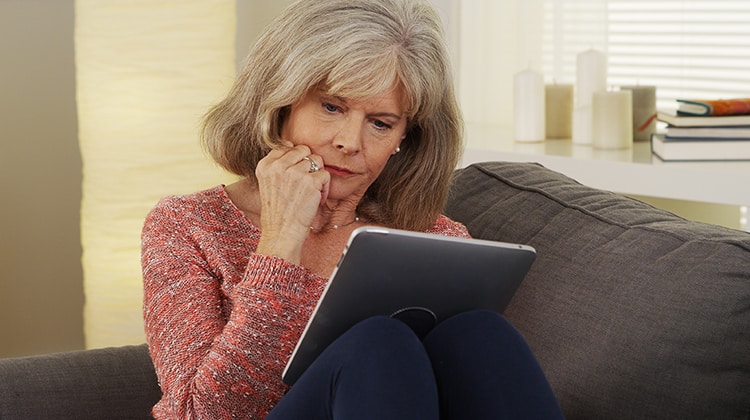The estimated prevalence of caring for an adult is 16.6% (39.8 million) Americans, according to the National Alliance for Caregiving. Caregivers’ responsibilities can include traditional ADLs and IADLs as well as coordinating care and communicated with a range of providers, agencies, and professionals on their care recipients’ behalf. Nearly 6 in 10 (57%) caregivers assist with medical/nursing tasks such as injections, tube feedings, catheter and colostomy care, and other complex care responsibilities; however, almost half (42%) of caregivers are doing these medical/nursing tasks without any skills training.
Given the responsibility of caring for a loved one, these caregivers – whether living with, nearby, or far from their loved one – face challenging and stressful situations and issues. Home health agencies can support a caregiver in taking care of his/her loved one (the care recipient) with information and insight. Home health agencies can use the Synzi communication platform to provide care management services – such as training skills, counseling, and immediate answers – to improve the caregiver’s confidence and quality of life.
Education on how to help care for their family member can be provided via HIPAA-compliant messaging and video:
- Real-time training or reinforcement of medical/nursing tasks can be provided over video. When caregivers were asked how they would like to learn a medical/nursing task, the most popular method was having a qualified person show them how to do it (61%).
- Messaging can help caregivers bolster their confidence and comfort. More than 8 out of 10 (84%) caregivers indicate they could use more information on or help with caregiving topics. Although information on how keep their loved one safe at home (42%) and about managing their own stress (42%) are most valued, almost a quarter of caregivers (22%) also want help about making end-of-life decisions.
Knowing when it is critical to take the loved one to the hospital is a concern for caregivers. Effective management of a family member’s medical conditions can reduce hospital admissions. When a family member needs immediate answers, the caregiver can reach out to the home health staff. During the intervention, the home health clinician can help equip the caregiver with the right information at the right time, minimizing the need to immediately take the patient to the ER.
Synzi’s communication platform also helps bridge the physical distance between the care receiver, the caregiver, and the home health care team. The agency can use the platform to provide out-of-town family members with a convenient way to become involved in their loved ones’ care, thus alleviating the guilt often associated with not living close enough to provide hands-on support. The communication platform is also valuable for caregivers/patients living in rural areas where home health clinicians must drive considerable distances to provide in-person support. Access to home health staff support can reduce family caregiver stress and strengthen the caregiver’s decision-making capability in critical situations.

